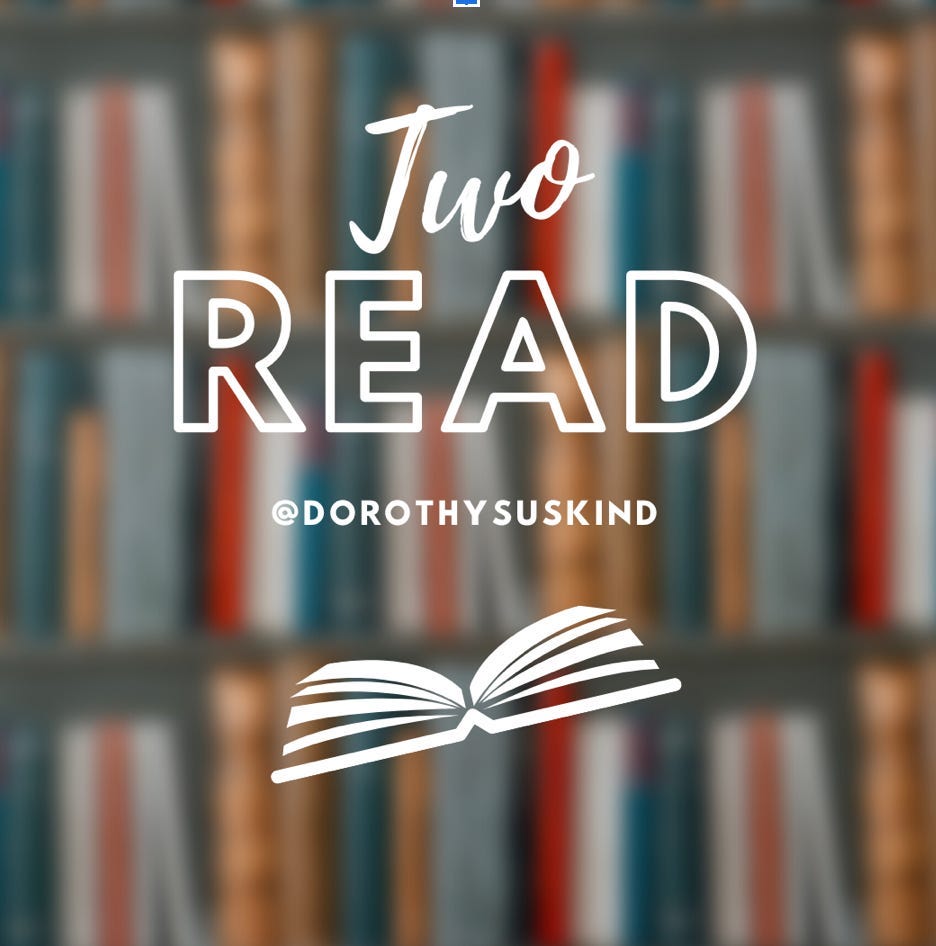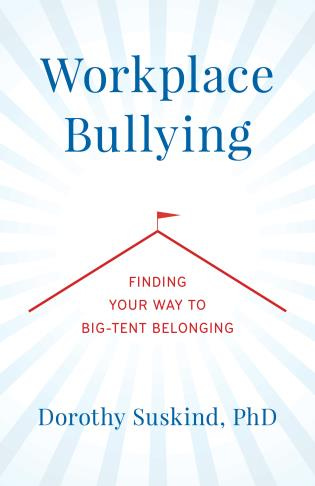
The frenetic pace of everyday life deprives us of the opportunity to reflect upon what has already been won—or, perhaps more importantly, that it was never about winning anyway. Such realization is a second half of life insight, whether it be the second chapter of a life long-lived or the consequence of significant challenges or tragedies that fast-tracked us to revelation.
After all, the transformation is not physical but a shift in perspective. According to Franciscan priest Richard Rohr (2024) in his book Falling Upward: A Spirituality for the Two Halves of Life, during those first half years, we are busy building our container or identity. The construction is shaky by design, resulting in chips and breaks as we climb life’s ladder—figuring out the rules and searching for a sense of belonging.
Inside that first half journey, we encounter problems we cannot unravel, jostling our self-confidence and sense of purpose. As Rohr (2024) puts it, “There must be, and, if we are honest, there always will be at least one situation in our lives that we cannot fix, control, explain, change, or even understand” (p. 99). This is the adventure part of the hero’s journey when we are challenged to solve the unsolvable only to learn the answer evades us not because we are failing in some way but because we are asking the wrong questions (Campbell, 1972).
For example, instead of inquiring why that co-worker keeps gossiping behind our back, taking credit for our work, and attempting to sabotage our accomplishments, we should contemplate if there are parts of that co-worker’s container, or identity, that he is struggling with. Thus, his behaviors actually have nothing to do with us and everything to do with his internal struggle to define his values and establish his self-worth. He is still building his container.
This is the second half of life’s work, looking under the wreckage of the problems that present themselves and searching not for retribution but lessons left from the fall, realizing the sacredness of the struggle. For suffering is always part of the program, a necessary component in charging us to grow. It’s what makes our life compelling. As Rohr (2024) shares, “people who have had no inner struggles are invariably both superficial and uninteresting. We tend to endure them more than communicate with them, because they have little to communicate” (p.158).
Therefore, in those moments of darkness, whether they transpire in our personal or professional lives, instead of protecting our identity as if it were a porcelain egg, we realize, “we do not so much reclaim what we have lost as discover a significantly new self in and through the process. Until we are led to the limits of our present game plan, and find it to be insufficient, we will not search out or find the real source, the deep well, or the constantly flowing stream” (Rohr, 2024, p. 8).
Our second half of life is about locating our real self behind the curated self we project to the world. And that’s the holiness of it all; we couldn’t have arrived at this second half without the fall. Having uncovered our authentic identity, we stand steadfast in our values, no longer needing to hustle for our worth or prove our righteousness, releasing us from a past that may have harmed us. This release doesn’t even require forgiveness, as many will attest; instead, it is a conscious decision to stop tending our wounds as if they are something to rid ourselves of instead of the small transformers that brought us to today.
Now, in this second half, we are in a position to serve as mentors and mirrors to our community, inviting others to see their own self-worth reflecting off of us. However, people come to these insights in their own time, and the inconvenient truth is some never get there at all, their growth stunted in their first half storyline, stuck in a loop of knocking others down, believing this is the only way to justify their existence.
As Rohr (2024) explains, “the very unfortunate result of this preoccupation with order, control, safety, pleasure, and certitude is that a high percentage of people never get to the contents of their own lives! Human life is about more than building boundaries, protecting identities, creating tribes … There is too much defensive behavior and therefore too much offensive behavior in the first half of life to get to the really substantial questions, which are what drive you forward on the further journey” (p. 46).
Our second half revelation provides us with a degree of empathy for the fifty-year-old women still gossiping about us in the hallways, for they are still trapped in the dualistic thinking inherent in the first half of life, thus when presented with ideas or circumstances that threaten their ego, their mind engages the following sequence: “it compares, it competes, it conflicts, it conspires, it condemns, it cancels out any contrary evidence, and it then crucifies with impunity” (Rohr, 2024, p. 169). However, in the second half of life, we realize the connectedness of all things, and we no longer feel the need to sort the people around us into good and bad. “Whole people see and create wholeness wherever they go; split people see and create splits in everything and everybody” (Rohr, 2024, p.172).
In the end, as Rohr (2024) wisely proclaims, “Much of the work of midlife is learning to tell the difference between people who are still dealing with their issues through you and those who are really dealing with you as you really are” (p. 176). So, though suffering is inevitable, it need not be indelible. Allowing the hurt to pass right through us, instead of stopping midstream and collecting carnage, invites life’s problems to be teachers, not tragedies, accompanying us as we trip up the stairs to redemption.
References
Campbell, J. (1972). The hero with a thousand faces, 2nd ed. Princeton University Press.
Jung, C. G. (1953). The collected works of C.G. Jung (H. Read, M. Fordham, & G. Adler, Eds.). Pantheon Books.
Rohr, R. (2024). Falling upward: A Spirituality for the two halves of life (Revised and updated edition). John Wiley & Sons, Inc.
Two Read
This week, I am reading:
First Lie Wins by Ashley Elston
Falling Upward: A Spirituality for the Two Halves of Life by Richard Rohr
Favorite Quote
“There’s an old saying: The first lie wins. It’s not referring to the little white kind that tumble out with no thought; it refers to the big one. The one that changes the game. The one that is deliberate. The lie that sets the stage for everything that comes after it. And once the lie is told, it’s what most people believe to be true. The first lie has to be the strongest. The most important. The one that has to be told.” ~ Ashley Elston
Workplace Bullying: Finding Your Way to Big Tent Belonging
From the Publisher: Workplace Bullying: Finding Your Way to Big Tent Belonging is a lifeline for people who have been targets of workplace abuse and are desperately trying to make sense of the trauma. It is a resource for partners trying to help their loved ones heal. And, it is a toolkit for managers and industry leaders inspiring to create inclusive cultures by proactively addressing toxic behaviors that stagnate innovation, fracture work communities, and drive out top employees. To simplify a complex topic and make the book readable and engaging for a wide audience, the author uses the elements of story to tell the tale of workplace bullying, zooming in on the characters, settings, and plotlines of cultures that allow and/or encourage workplace abuse.
Purchase Through Rowman and Littlefield
Purchase Through Amazon
Reach Out With Questions and Ideas
I love hearing from readers, so please don’t hesitate to reach out to say hello or suggest topics for me to write about next ~ dorothysuskind@gmail.com.







